Meta is making waves with its ambitious plan to completely automate advertising creation using artificial intelligence by the end of 2026. This isn't just another tech update – it's a fundamental shift that could reshape how brands connect with their 3.43 billion global users.
The Vision Becomes Reality
Mark Zuckerberg's vision is surprisingly simple yet revolutionary: brands will soon be able to input just a product image and budget, then watch Meta's AI handle everything else. The system will generate complete advertisements including images, video, and text, while automatically determining optimal targeting across Facebook and Instagram.
"AI is going to change advertising in a big way," Zuckerberg boldly declared, emphasizing that advertisers need AI solutions delivering "measurable results at scale". This isn't empty promises – early testing shows advertisers using Meta's Opportunity Score recommendations saw a 5% median decrease in cost per result.
What's Already Working
Meta's current AI tools are already impressive. The Advantage+ shopping campaigns can generate up to 150 creative combinations automatically, while new features like real-time ad personalization based on user location are being tested. Companies like KIDLY have already witnessed significant improvements in return on ad spend using these AI-enabled tools.
The Reality Check
However, industry leaders aren't entirely convinced. Major concerns include brand safety, creative quality, transparency, and the potential for rapid budget exhaustion. As one marketing consultant noted, "Without careful oversight, there's a risk that the intended ad message might not be conveyed with 100% accuracy".
The automation suits fast-moving, low-margin businesses chasing immediate returns, but brands playing the long game face limitations around differentiation and strategic thinking.
What This Means for You
Meta's AI revolution represents both opportunity and challenge. Small businesses will benefit from simplified, hands-off advertising that requires no media expertise. However, successful brands are already finding that a hybrid approach – combining human-led strategy with AI amplification – outperforms fully automated campaigns.
As Meta invests massively in AI infrastructure spanning 1,000 football fields worth of servers, one thing is clear: the advertising landscape is transforming rapidly. The question isn't whether AI will dominate advertising, but how brands will adapt to maintain their unique voice in an increasingly automated world.



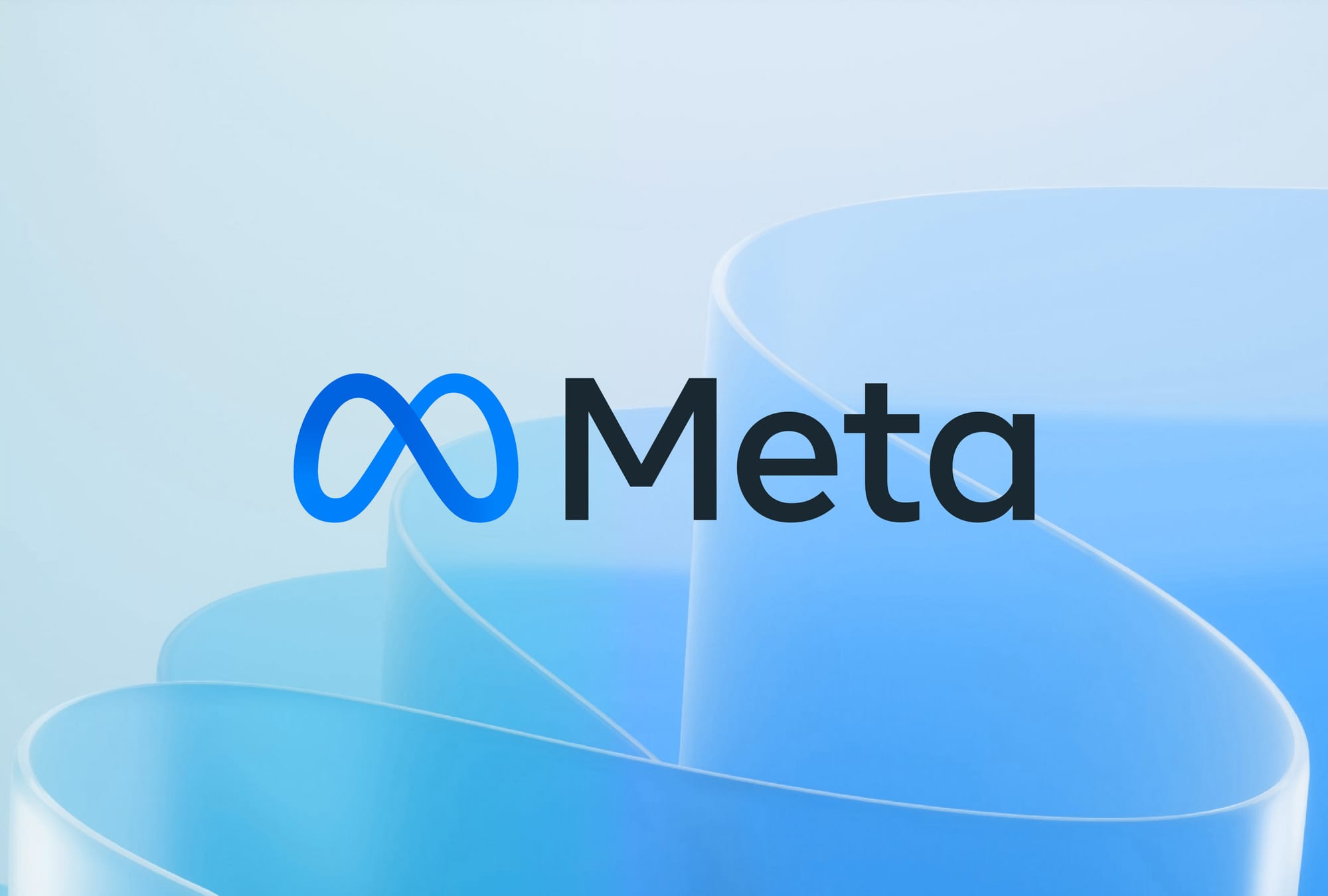
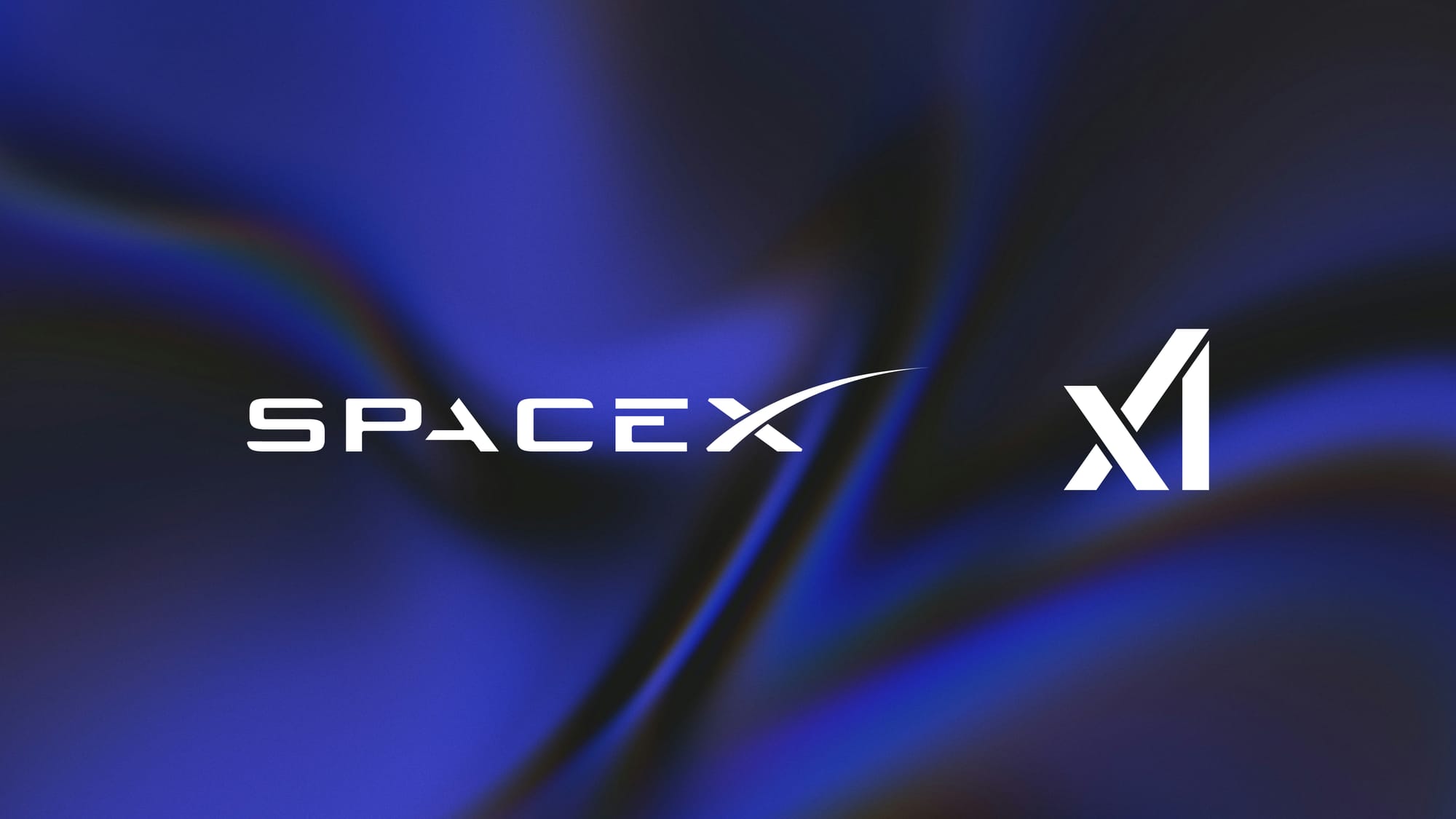
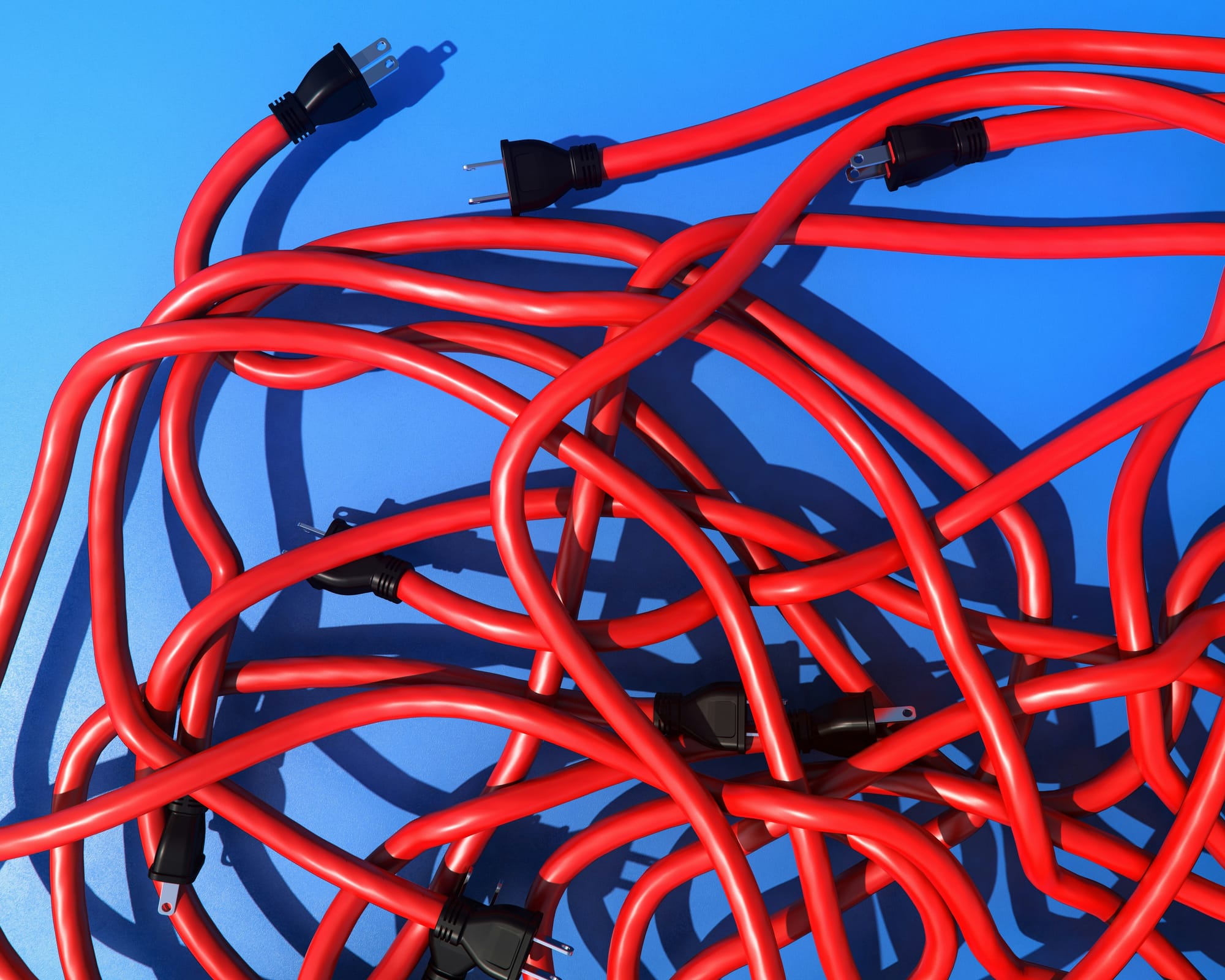

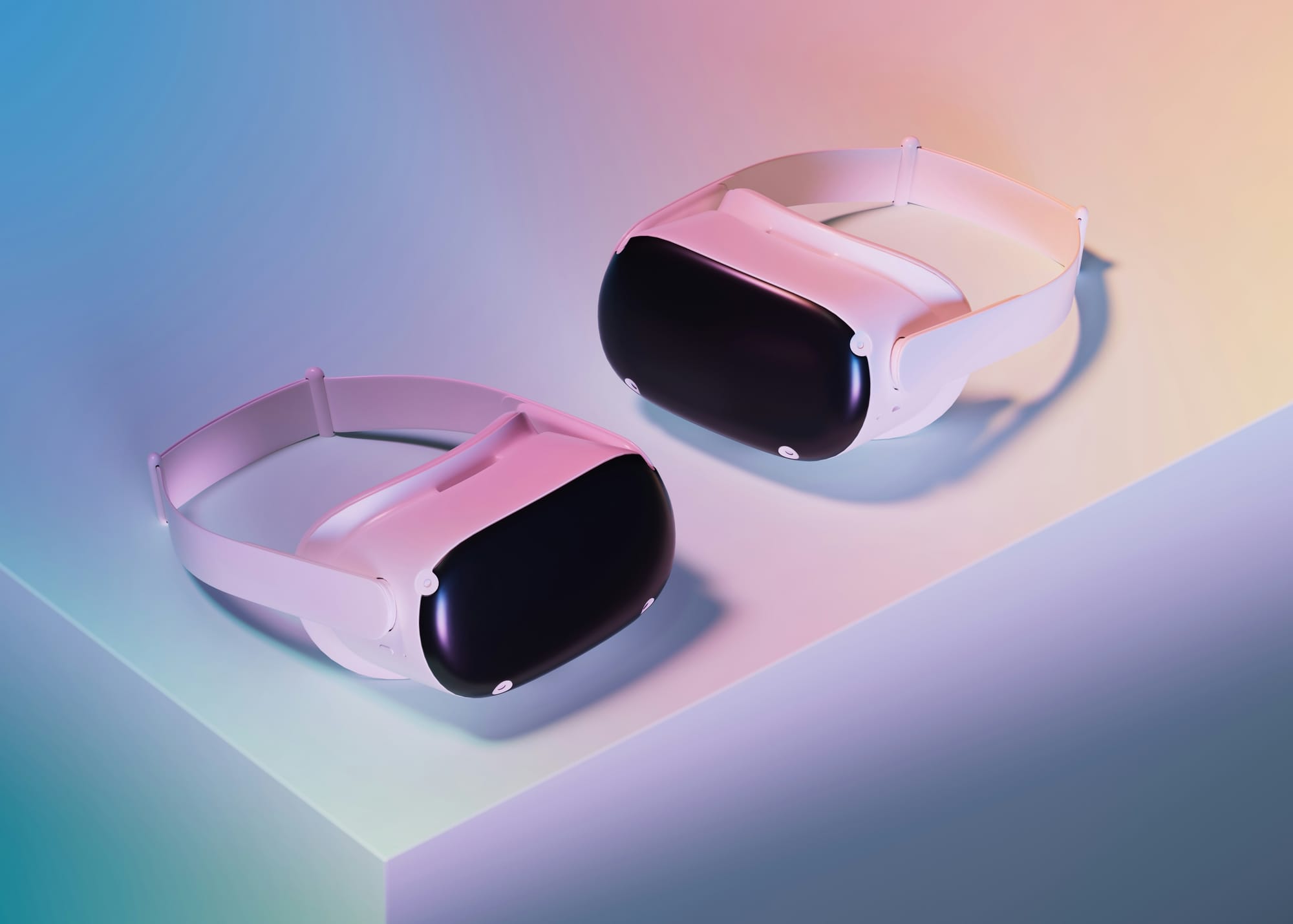

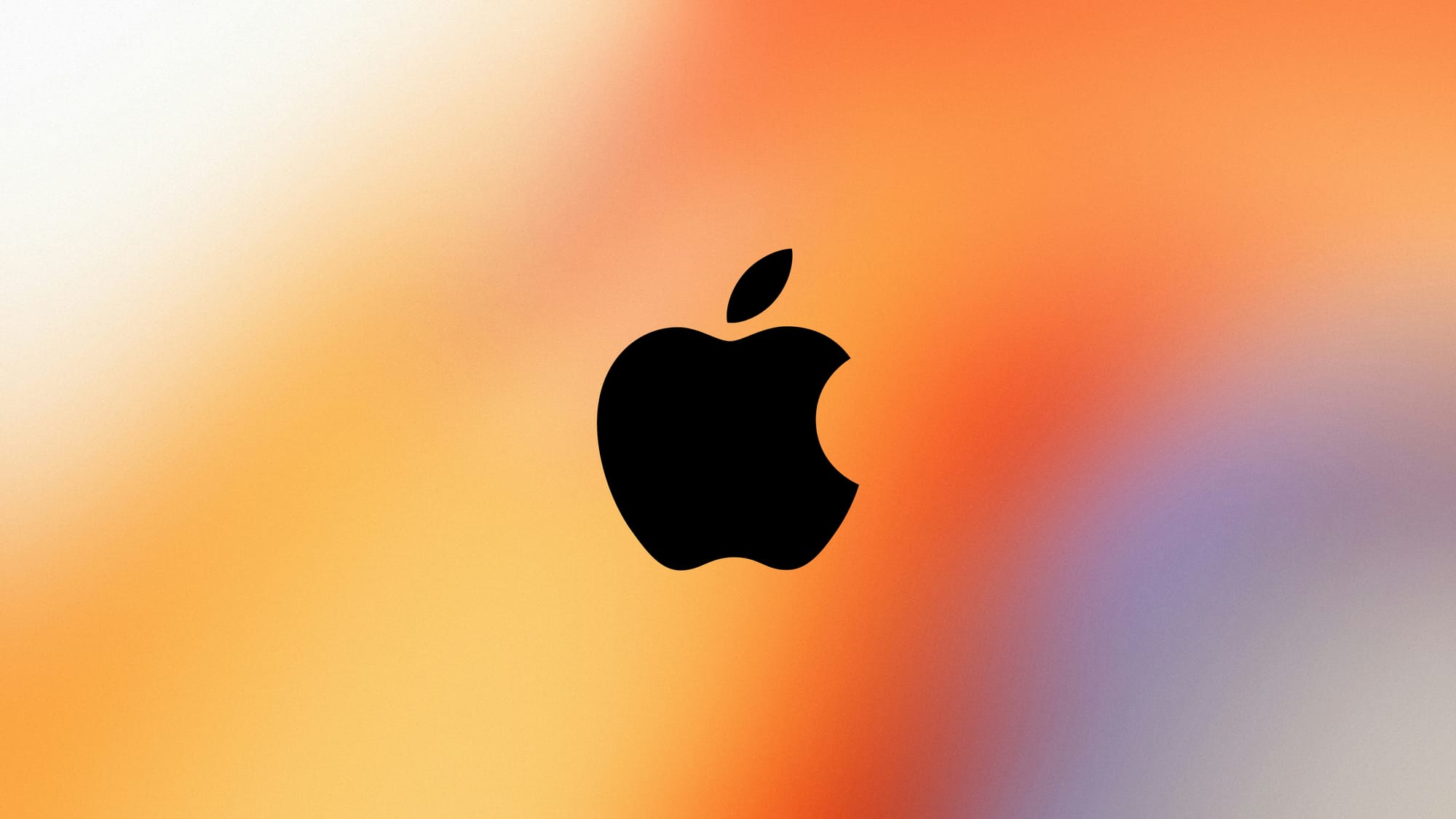
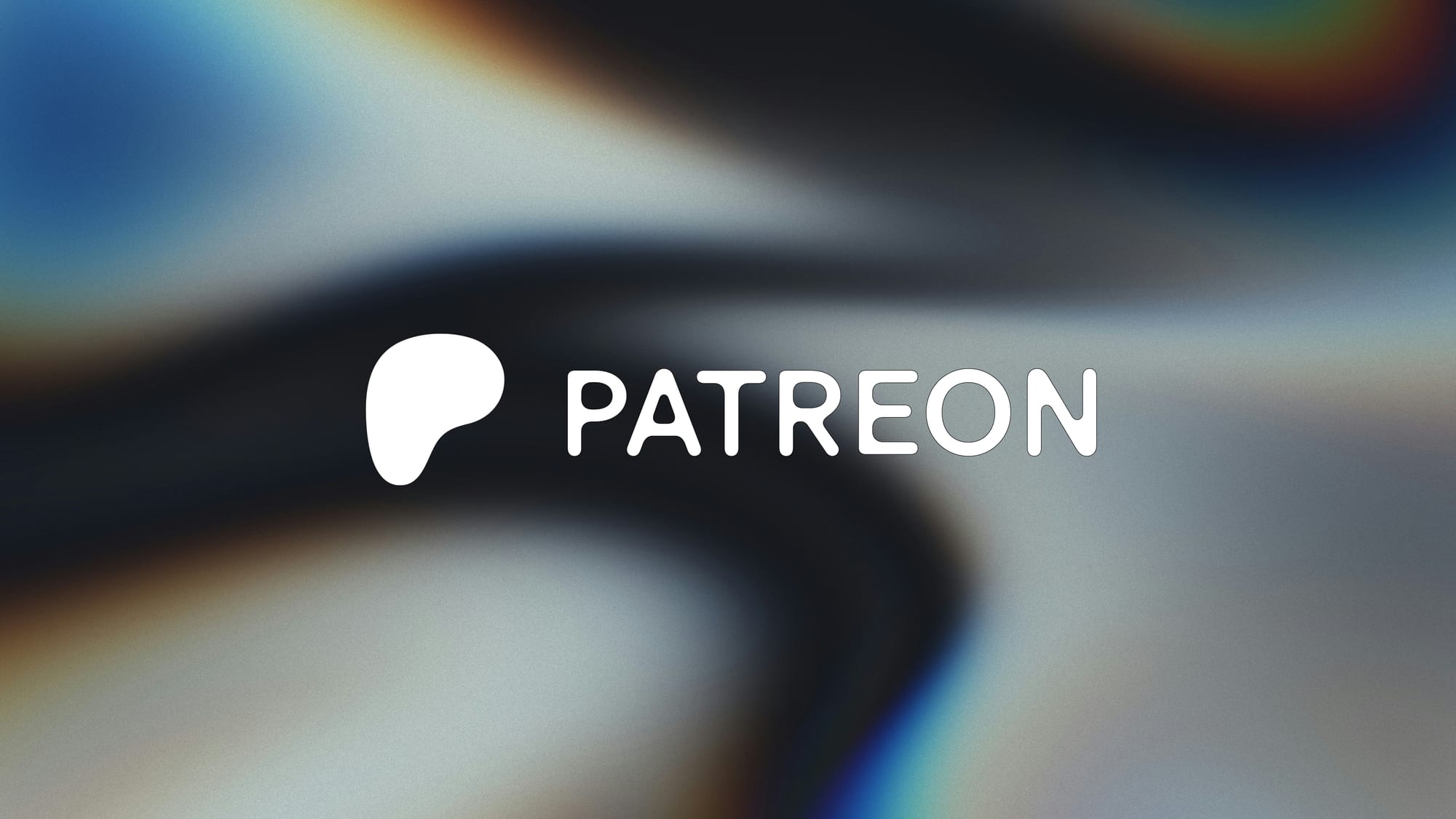
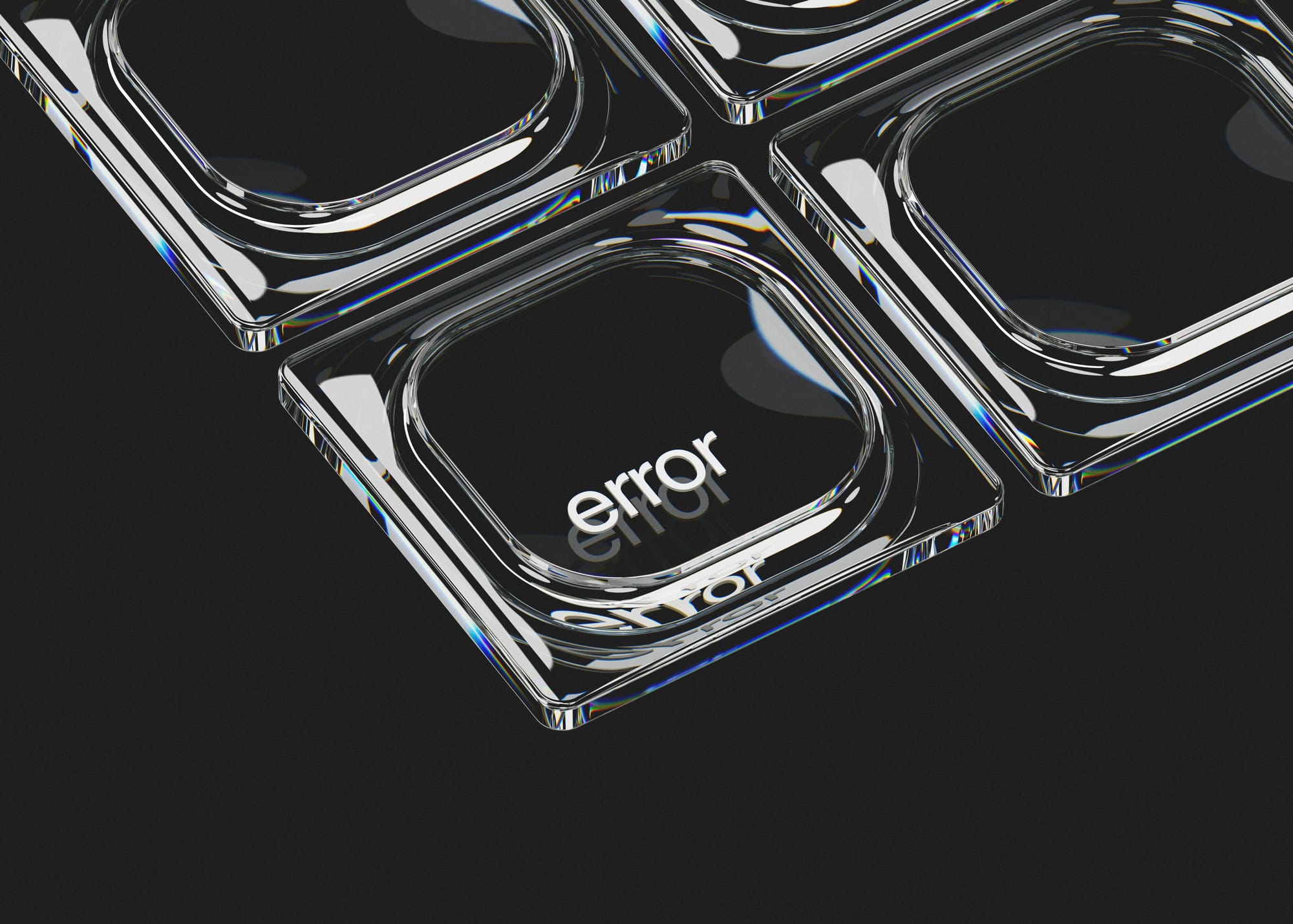


Discussion